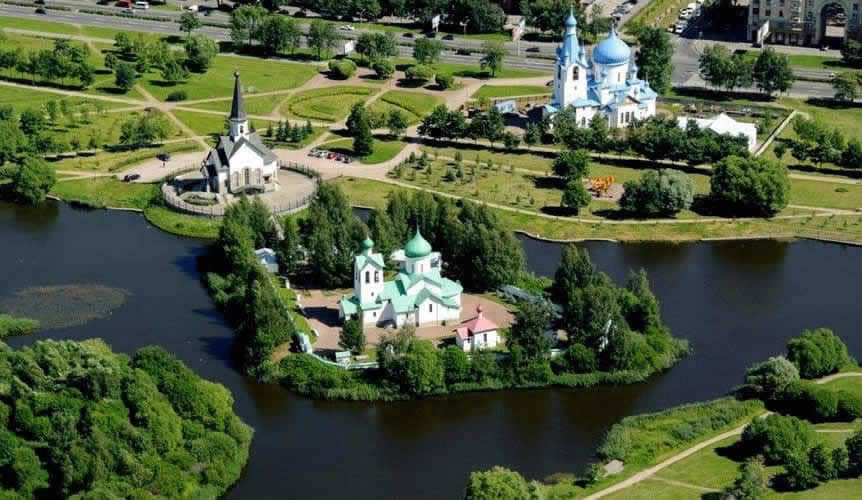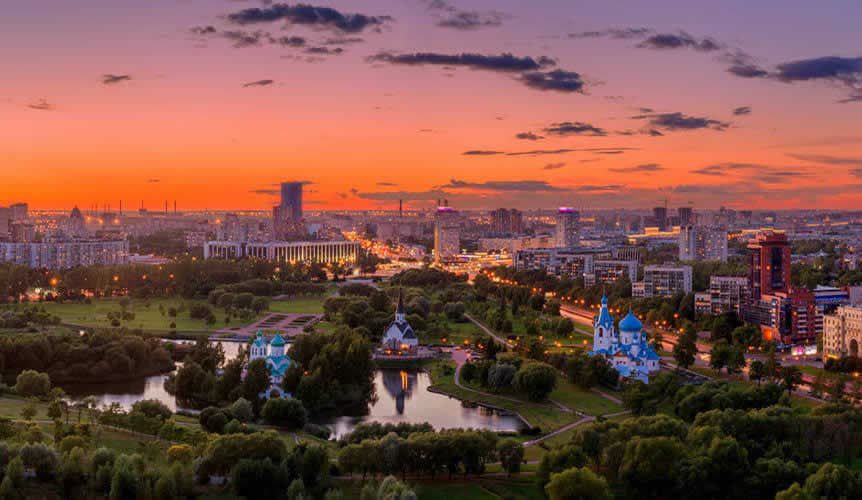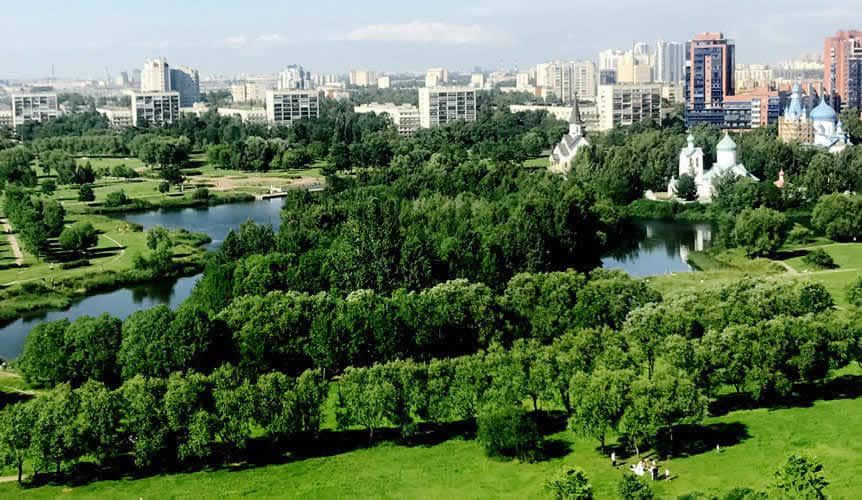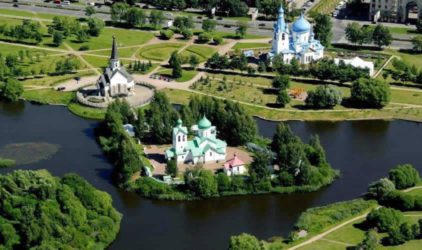- Poshlost’ / Пошлость
Harvard University professor Svetlana Boym described the meaning of this word as follows: “This word simultaneously means triviality, vulgarity, sexual promiscuity and callousness.”
- Nadryv / Надрыв
In German “Wikipedia” there is an article dedicated to the word “nadryv”. It is the key concept in the works of the Russian writer Fyodor Dostoyevsky. This word means an uncontrollable emotional outburst when a person releases intimate, deeply hidden feelings.
- Khamstvo / Хамство
Writer Sergei Dovlatov described this phenomenon, understandable to any Russian, as: “Rudeness, arrogance and insolence, multiplied by impunity.”
- Stushevatsya / Стушеваться
Some linguists believe that the word “Stushevatsya” was introduced by Fyodor Dostoevsky, who first used it in his novel “Dvoynik”. This word means to be less visible, to go into the background, to be embarrassed in an awkward or unexpected situation, to become meek.
- Toska / Тоска
This Russian word can be defined as “emotional pain” or “melancholy,” but it does not convey its full depth. Vladimir Nabokov wrote that “not a single word in English can convey all the nuances of longing. This is mental suffering without any special reason, vague anxiety, nostalgia, love experiences. ”
- Bytiye / Бытие
This word comes from the Russian “byt’ / быть” (to be, to exist). In Russian-English dictionaries this philosophical category is translated by the word “being” (existence, life). However, bytiye is not just life, but the existence of an objective reality that does not depend on human consciousness (space, nature, matter).
- Bespredel / Беспредел
Eliot Borenstein, a professor of Slavic studies at New York University, explains that “bespredel” literally means “without limits”. Translators often use “lawlessness”. However, in Russian the meaning of “bespredel” is much broader and refers to the behaviour of a person who violates not only the law, but also moral and social norms.
- Avos’ / Авось
It is difficult to explain to people of other nationalities what this means. It is interesting that many people believe that “avos” is the main national feature of Russians. “Hoping for an avos / Надеяться на авось” means doing something without planning, without making any special effort, counting on success.
- Yurodiviye / Юродивые
In ancient Russia, Yurodiviye were people who voluntarily abandoned earthly pleasures in the name of Christ. Such people looked crazy and led a strange lifestyle with the goal of gaining inner harmony and eradicating sins. They were respected and considered people close to God. Their opinions and prophecies were taken into account, and sometimes they were even feared.
- Podvig / Подвиг
This word is often translated into English as “achievement”, but it has a slightly different meaning. Podvig is not just a result, but an achievement of a goal. This is a brave and heroic deed, an action in difficult circumstances. Russian literature often mentions military and civil podvig, and even podvig in science. Moreover, this word is synonymous with selfless actions; for example, “podvig in the name of love.”




















